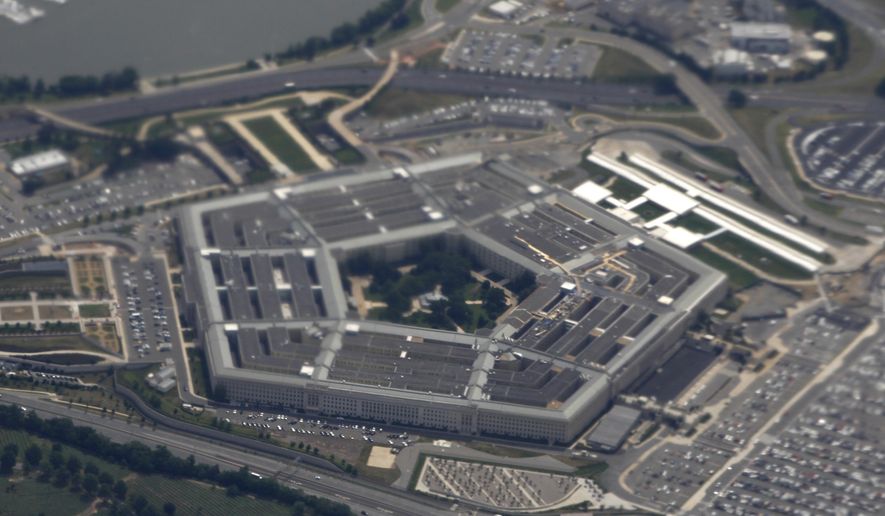The White House and Pentagon are poised to kick off a comprehensive review of the Trump administration’s vaunted South Asia strategy, in an attempt to refine Washington’s approach to the Afghan war, as U.S. and allied commanders in Kabul press ahead with peace efforts to end the 17-year conflict.
The review, which is still in the nascent stages, is not a vehicle for wholesale changes to the Afghan war plan but more of an evaluation of the strategy’s progress since President Trump unveiled the effort last August.
“We view this as much through the lens of an assessment,” of the current strategy, U.S. Central Command chief Gen. Joseph Votel said Thursday. “I consider this something … we expected,” the four-star general told reporters at the Pentagon, noting the review will likely result in a continuation of the current military policy or objectives tied to the strategy.
“We see a lot of this moving in the right direction” already, but there are a number of initiatives tied to the strategy that military commanders and national security officials could be expedited, Gen. Votel said. He declined to go into detail as to which elements of the strategy could be sped up.
The administration’s review of the Afghan war plan also comes as Army Lt. Gen Austin “Scott” Miller, Mr. Trump’s pick to lead U.S. forces in the country, is set to take the reins in Kabul.
The full Senate approved Gen. Miller’s nomination within a grouping of several military nominees the upper chamber cleared by unanimous consent during a round of evening votes. Gen. Miller’s confirmation will make him the 17th American or allied general officer to take the reins of the 17-year conflict in Southwest Asia.
Gen. Miller will look to build on the reportedly growing momentum in Afghanistan to reach a political solution to end the conflict. The political and diplomatic success of the recent Kabul-led ceasefire with the Taliban as proof positive the White House’s South Asia strategy was making gains, Secretary of State Mike Pompeo said during a surprise visit to Kabul earlier this month.
But that effort is still being undercut by Pakistan’s unwillingness to fully cooperate with Afghan, U.S. and NATO forces in pushing the Taliban to the negotiation table. Mr. Trump made it a point to pressure Pakistan to play a larger role in bringing peace to southwest Asia, as part of the South Asia strategy.
Mr. Trump renewed U.S criticisms of Pakistan’s alleged double dealings with certain terrorist groups such as the infamous Haqqani Network, Pakistani Taliban and Lashkar-e-Taiba (LeT), the extremist movement responsible for the deadly 2008 terrorist attacks in Mumbai, India.
The administration followed up weeks later by withholding millions in foreign aid to Pakistan and suspending all military support to the South Asian nation indefinitely, demanding Islamabad do more to combat groups like the Haqqani Network and Lashkar-e-Taiba.
That said, Washington continues to wait for Islamabad to take advantage of the “important role they have indicated they want to play” in ending the Afghan war. Gen. Votel said.
“Now is the time for them to step forward,” the four-star general added.
• Carlo Muñoz can be reached at cmunoz@washingtontimes.com.




Please read our comment policy before commenting.